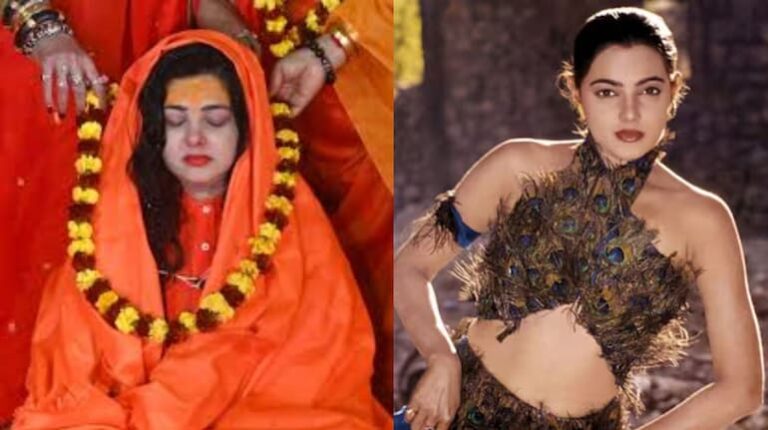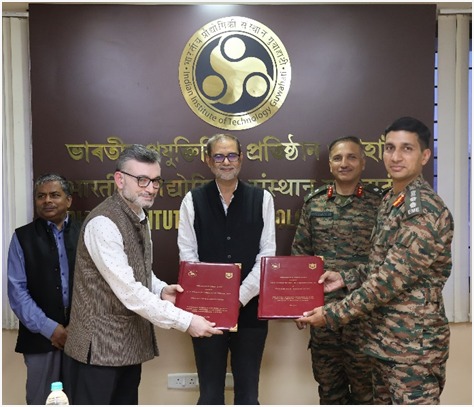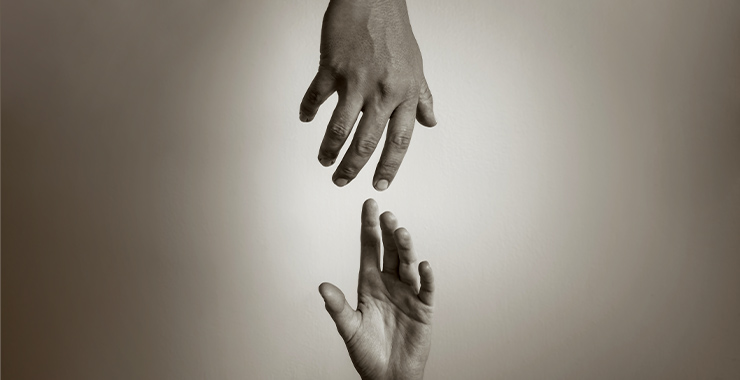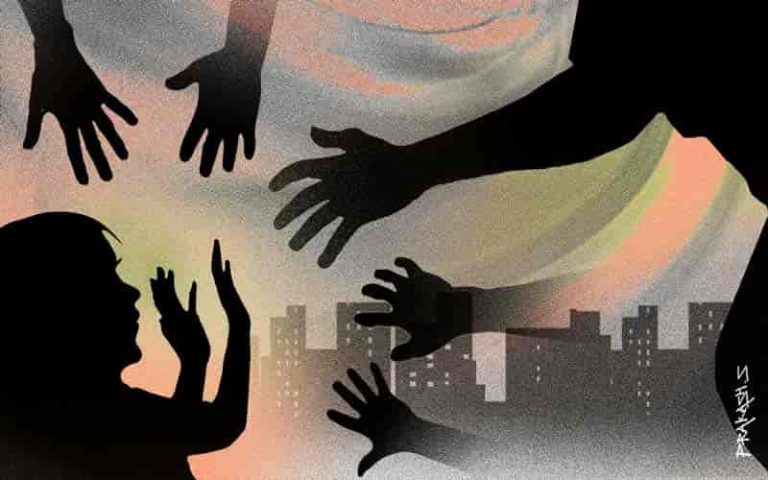Hindi film industry’s “narrow vision” for artistes from the North East has resulted in fewer opportunities for actors like her, says “Axone” star Lin Laishram, who believes it is about time Bollywood stopped stereotyping people from the region.
After a series of appearances in films like “Mary Kom”, “Umrika” and Vishal Bhardwaj”s “Rangoon” (2017), the Manipur-born actor rose to fame with last year’s comedy-drama “Axone”.
Laishram said while the appreciation made her happy, it came to her after a struggle of nearly a decade in the industry, which is still learning how to be more inclusive.
“My ethnicity has been my biggest struggle in the industry, a setback in getting me work. I have so many friends—who are established now— with whom I studied acting, did theatre… They are doing way more work than I am doing right now. If I have two auditions in a month, they have 15-20. It”s easier for them to get roles,” the actor told PTI.
“We have IAS offiers, sports personalities, writers… But when you come to Bollywood their idea and vision of our people gets narrow and reflects in casting. It”s annoying,” she added.
Laishram, 35, grew up in Imphal on a diet of Hindi films until the Revolutionary Peoples Front, a separatist militant group, banned screening of Bollywood movies in Manipur in 2000.
The actor was fascinated by the films but also felt a “disconnect” due to the lack of screen representation of artistes from North-East.
The only actor they connected with was actor Danny Denzongpa, who hails from Sikkim.
“Bollywood, for us, was larger-than-life. It was impossible to even dream of working there, that was the level of disconnect we felt. We didn’t speak Hindi so fluently, didn’t look the same.
“The only person we kind of connected with was Danny. He looked like us but he was so good with his Hindi, he sounded like any other actor of his time. We felt he’s more like them than us because he didn’t have an accent.”
After training in archery from Tata Archery Academy, Jamshedpur, Laishram moved to Mumbai in 2001 for her education, but acting was still a distant dream.
She later became a professional model and shifted to New York in 2006, where she realised she wanted to pursue acting. Laishram enrolled in Stella Adler Studio of Acting in NYC and later shifted base to Mumbai in 2011.
In Mumbai, she joined theatre groups of actors Naseeruddin Shah and Neeraj Kabi.
“Even then, people had problems casting me in roles. I knew from the beginning that this won’t be easy. Somebody needed to take that chance and put confidence in me that I could pull it off. Vishal Bhardwaj took that chance and cast me for ”Rangoon.” The space he gave me was that of respect. I really needed that,” she said.
Laishram played Mema, an Indian patriot and INA agent in “Rangoon”, which she considers a major stepping point.
But good work has been far and few for the actor, who would keep getting casting calls to play a “spa girl or a waiter” in the initial phase of her career.
“I always put my foot down, not because there’s anything wrong in doing those roles but it should mean something. I can’t be there to fill up space in the frame. We should not be stereotyped.”
Refusing work hasn’t been easy for Laishram as with each cliche role she turns down, she loses her time and money.
“You start questioning your own choices, even if you’re doing the right thing. It confuses you, makes you self-doubt. A girl from Delhi would have a Kareena Kapoor or an Anushka Sharma to think about. That ”this is how probably they made it, so I”ll do the same.”
“But I didn’t see any North Eastern actor (on screen) who would look like us. I had no other footsteps to follow. To learn that if you do smaller roles, it”ll lead to something big, I didn’t have that luxury,” she said.
What also makes Laishram’s journey tougher, she said, is the weight of expectations of people back home.
“When you’re from a small town, a lot of people expect a lot from you. They don’t realise how much struggle a person has to go through. Turning down work has not been easy.”
Laishram, however, is certain she doesn’t want work out of “pity” for her struggles.
The actor hopes the least Bollywood can do is become democratic so that everyone gets an equal chance at success without their identities deciding their privilege.
“I just want a fair chance. I should get what I deserve. If you’re holding 100 auditions, I want to be fitted in for those. All I’m asking is for that fair chance,” she added. PTI
















